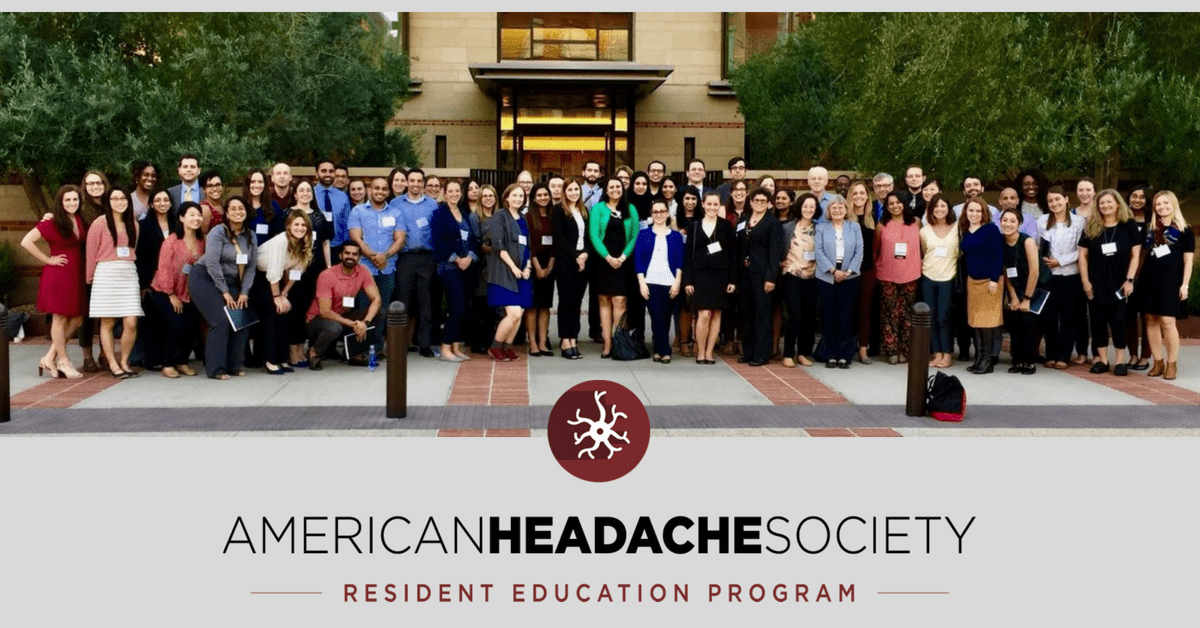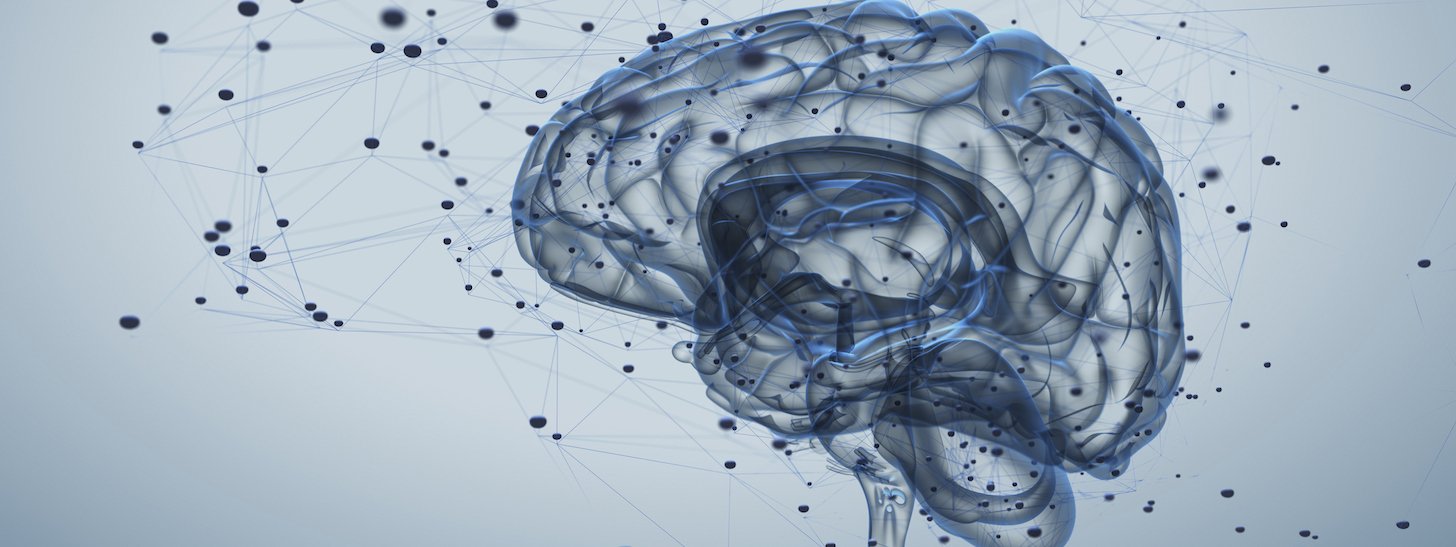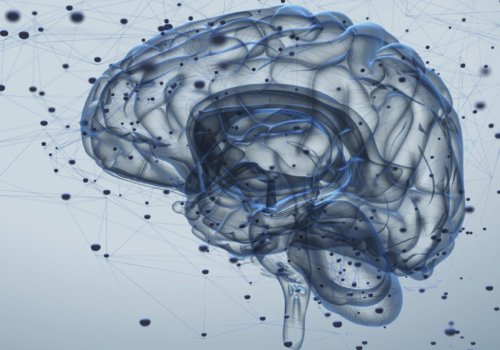
Resident Education Program: Q&A with Matthew Robbins, MD, FAHS
Matthew Robbins, MD, FAHS, AHS Board Member and Chair of the Resident Education Program, is an Associate Professor of Neurology at the Albert Einstein College of Medicine and Neurologist at the Montefiore Headache Center in New York. He recently spoke with the American Headache Society about the mission of the Resident Education Program and what residents can expect from attending the 2nd annual program held October 5-7, 2018, in Philadelphia, PA.
When and why was the Resident Education Program founded?
The Resident Education Program was founded because we need to increase the pipeline of people who can become headache specialists in this country, and also increase the general knowledge about headache medicine education nationally. Headache specialists are very scarce, with only several hundred scattered across the country. Given that 40 million people are living with migraine in the United States, the mismatch is quite extreme.
What is your hope for the future of headache medicine education, and what initiatives and actions do you think can help us get there?
The Resident Education Program is one such initiative that has already brought some success. We already are seeing, in this current season, that there are more residents interviewing for fellowship positions. Many of them have cited this Resident Education Program as the reason that sparked their interest, as opposed to them pursuing fellowships in other neurological sub-specialties.
How can neurology departments incorporate the study of headache and migraine into their training programs?
Neurology departments should have headache as a formal course with lectures and hands-on experiences for procedures, and knowledge about cutting-edge treatments. We need to have more headache specialists participate in general neurology settings, by supervising general neurology clinics, which are often quite populated with people who have different headache disorders, like migraine and chronic migraine. I think there are many other ways that they could participate, including by sending their residents to our educational program offerings.
How can established headache specialists help younger residents learn about headache medicine and help them pursue careers in the field?
They need to be more aggressive in offering up mentorship, time to spend in their own clinical settings, in the clinics or in the hospital, or with a research project. Or, introducing them to advocacy to participate in, so they’re more connected to patients. Social media is a great tool for that because people with headache disorders and advocates in the field are so active.
What can attendees expect from the Resident Education Program?
They can expect to learn a lot in very different types of exciting educational settings, meet people who are rock stars in the field, who are on the cutting-edge of treatment, science and education. They’ll have a great time because we make it quite fun, but it’ll be jam-packed with education and science, learning, camaraderie and mentorship.
We’ve been creative in choosing faculty members who are really inspiring, who are connected to patients on social media, or other advocacy events, or have experience in education and inspiring younger neurologists or trainees.
We’re also using other modalities, including hands-on workshops, small group sessions, flipped classroom models, and a competition to make the program more interactive. We know that often learning is not just in the classroom, but also in the informal coffee breaks and meals. We make sure that our faculty are available the entire course to the attendees, to interact in some of the more informal ways that often bring about the best types of mentorship.
Who would benefit professionally and personally from applying to the Resident Education Program?
We think everyone who is eligible would benefit, but this program is really aimed at earlier stage trainees who are in their first or second year of neurology residency—whether they’re adult or child neurology residents.
Matthew Robbins, MD, FAHS, is a Board Member of the American Headache Society, a professional society for doctors and other health care workers who specialize in studying and treating headache and migraine. The Society’s objectives are to promote the exchange of information and ideas concerning the causes and treatments of headache and related painful disorders, and to share and advance the work of its members. Learn more about the American Headache Society’s work and find out how you can become a member today.


